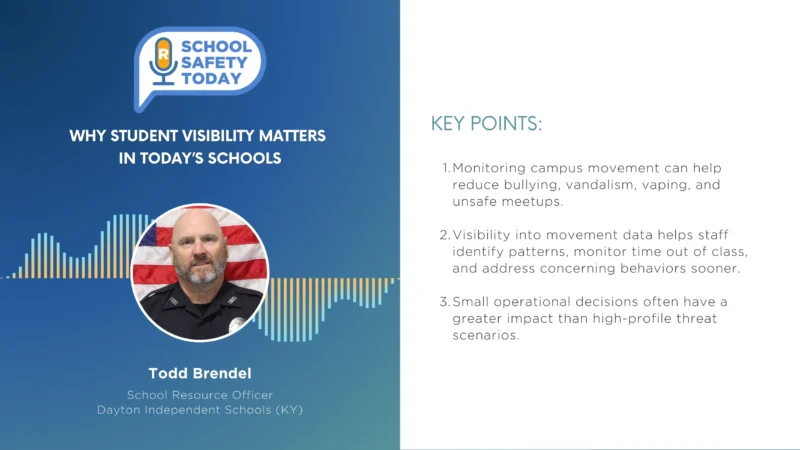Disruptive Leaders: Disrupting Tradition in the Leadership Space
Leadership in the workplace has been ever evolving for years now, despite the commonplace leadership traditions most places try to abide by. But leaders must adapt to new and modern changes, as it’s expected that a lot of factors pertinent to leadership will change in the next 10 years, according to Gartner. Disruptive leaders and leadership practices comes great responsibility but it’s not impossible. Disruptive leaders just have to be open-minded and current with what’s going on in the world, such as how normal remote work has become now.
Even with ongoing changes that workplaces will see, how can current and potential leaders adapt and implement this change when it comes to their leadership style?
In the latest episode of “DisruptEd,” host Ron J. Stefanski interviewed Geoffrey Roche, Senior Vice President at the National Healthcare Practice and Workforce Partnerships at Core Education PBC, about disrupting the current leadership space, and Roche’s skills and tips to ensure an adaptable attitude for modern leadership to flourish. Some people pick up their leadership style from people that they grew up with, admired, or what they saw was effective. Roche noted that his first observation of passionate leadership was from a mentor when he worked nursing, who never shied away from doing subordinate work despite being in upper management. He stated that she was a “disruptive leader” and witnessing that style of leadership encouraged him to pursue the areas he did.
“I saw somebody who wasn’t afraid and wasn’t above her title. She was always on par with her colleges and so that was transformative and you know my work there really changed my life to be honest with you because not only was it her impact and influence, but she allowed me to get involved in community initiatives … that allowed me to not only demonstrate my passion, but really hone further in to what I really wanted to accomplish and you know started to get involved in a number of community causes,” he said.
As a disruptive leader himself, Roche said that he finds himself open and willing to accept feedback from both people who agree and disagree with him, citing that he has a board of personal advisors who steer him on the right path.
Stefanski and Roche also discussed …
● The different approaches of disruptive leaders
● Roche’s background and his particular style of leadership
● Remote work and the adaption to being a leader with a remote team
“I think when you have leaders who make decisions and say, ‘You know, we need everybody back in,’ to me I automatically come back to the fact that that’s a command- and-control leader — there’s a reason they want them there. There’s just a trust issue there … The leaders that I think are of that mindset are leaders I would never consider to be good leaders, and definitely would not consider them to be great leaders. And I would argue that they are not in tuned and in touch with reality, because the fact of the matter is, is you have large organizations, like CVS Health Aetna, that have been virtual for many, many years with great success, phenomenal retention, and leaders who understand what it’s like to lead a team like that,” said Roche.
Geoffrey Roche is the Senior Vice President at the National Healthcare Practice and Workforce Partnerships at Core Education PBC. He has an extensive background in healthcare innovation and is a graduate of University of Arizona, Eller College of Management.







